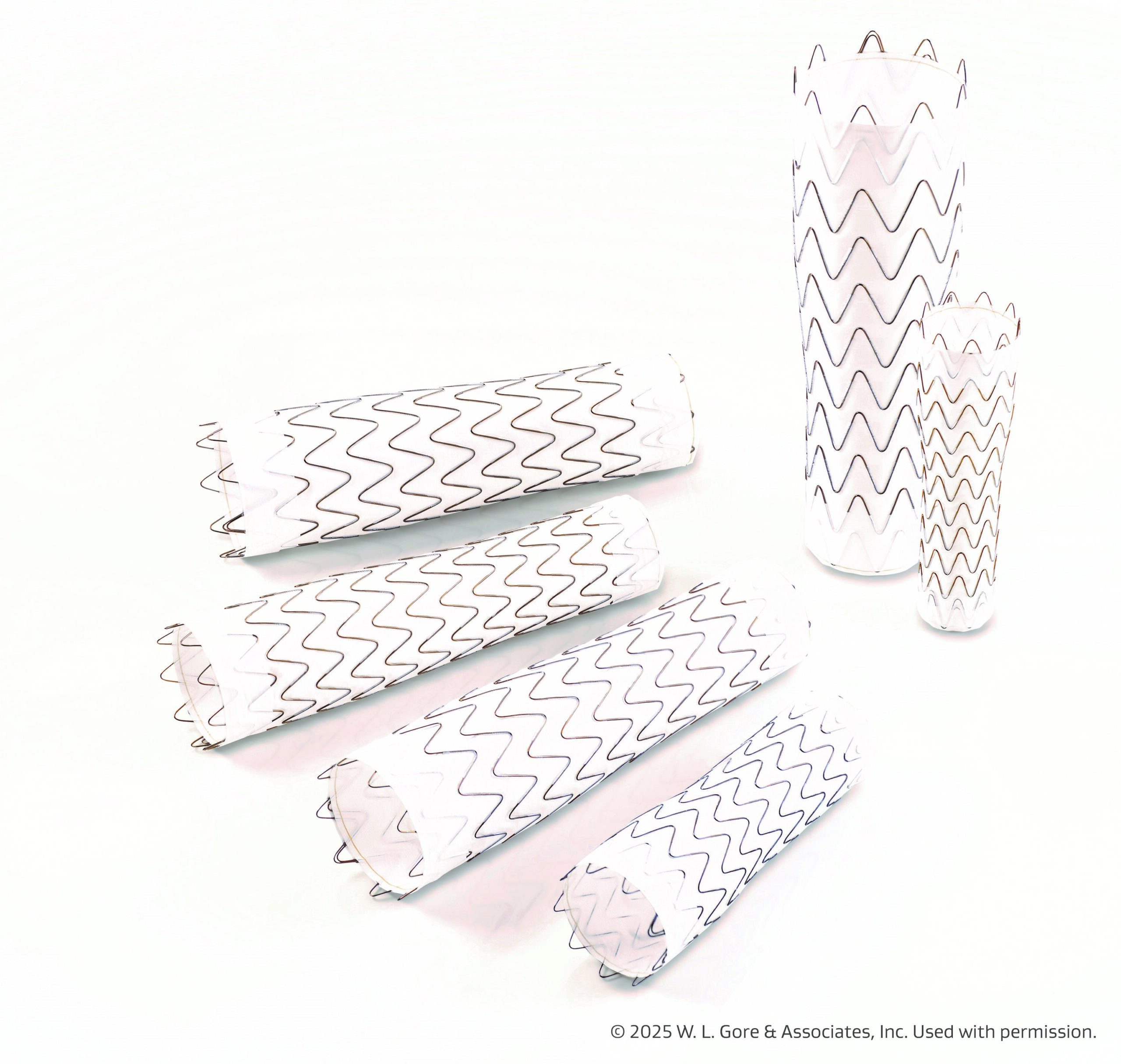
Bempedoic acid taken in conjunction with a maximally tolerated statin was associated with lower levels of low-density lipoprotein cholesterol (LDL-C), new study results presented at the 2019 American College of Cardiology Annual Scientific Session in New Orleans suggested.
Researchers for the CLEAR Wisdom study, a phase 3, double-blind, placebo-controlled parallel-group trial, enrolled 779 patients with pre-existing atherosclerotic cardiovascular disease and/or heterozygous familial hypercholesterolemia who were taking statins and had a baseline LDL-C measure of ≥100 mg/dL (2.6 mmol/L) to receive bempedoic acid 180 mg once daily (n=522) or placebo (n=257) for a year. The primary study endpoint consisted of the percent change in LDL-C from baseline to week 12. Key tertiary endpoints included the percent chance in LDL-C at week 52.
According to the trial results, LDL-C was reduced by 17.4% (placebo-corrected difference) in the bempedoic acid group compared to an increase of 2.4% in the placebo group (P<0.001 for comparison) at week 12. In the bempedoic acid group, the LDL-C levels dropped from an average of 119.4 mg/dL at study entry to 97.6 mg/dL, while levels in the placebo group remained relatively unchanged. In a subgroup of 77 patients who were not on statins at study entry, the LDL-C levels were reduced by 22% at 12 weeks in the bempedoic acid group.
Looking farther out, patients in the bempedoic acid group had an average lower LDL-C level at one year than those in the placebo group (99.6 mg/dL vs. 116.9 mg/dL respectively). Five-point major adverse adjudicated cardiovascular events were reported in 6.1% of patients taking bempedoic acid and 8.2% in the placebo group, a difference that was not statistically significant. The drug was safe and well-tolerated.
“These findings—taken together with other recently reported results of large randomized trials of bempedoic acid—indicate that this agent may add to the armamentarium of treatment options for high-risk patients with atherosclerotic cardiovascular disease whose LDL-C remains uncontrolled despite taking a maximally tolerated statin,” said lead study author Anne C. Goldberg, MD, a professor of medicine at Washington University School of Medicine in St. Louis, in a press release. “The effect of bempedoic acid was durable at one year and we observed no increase in adverse effects from the addition of bempedoic acid to statin therapy.”
Studies are being planned to test bempedoic acid decreases risk for heart attacks, stroke, or death from heart or blood vessel disease in patients with a lower tolerance for statins.
To read more DocWire News coverage of ACC.19, click here.







 © 2025 Mashup Media, LLC, a Formedics Property. All Rights Reserved.
© 2025 Mashup Media, LLC, a Formedics Property. All Rights Reserved.